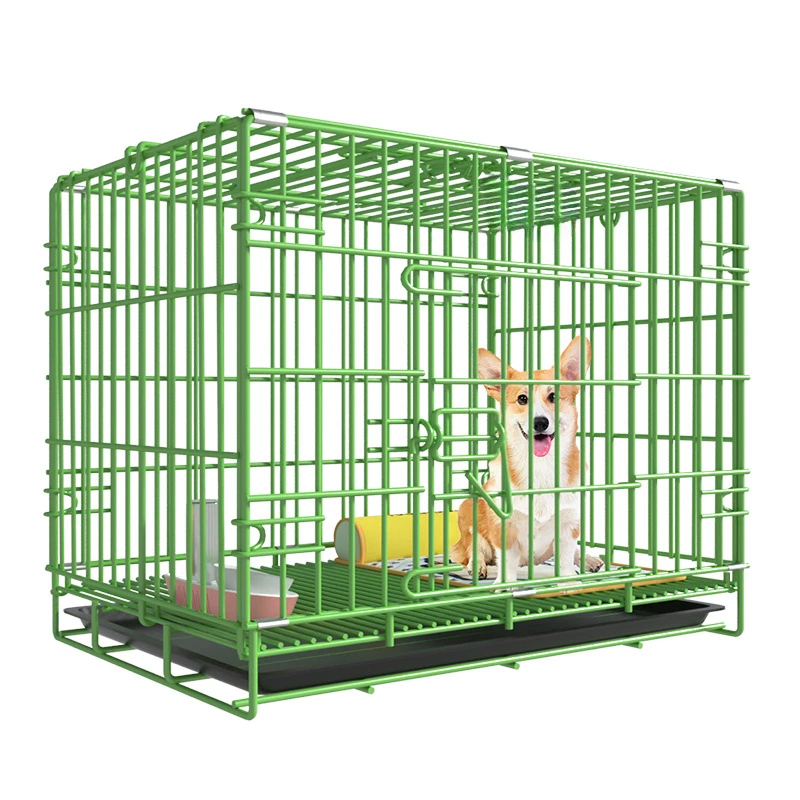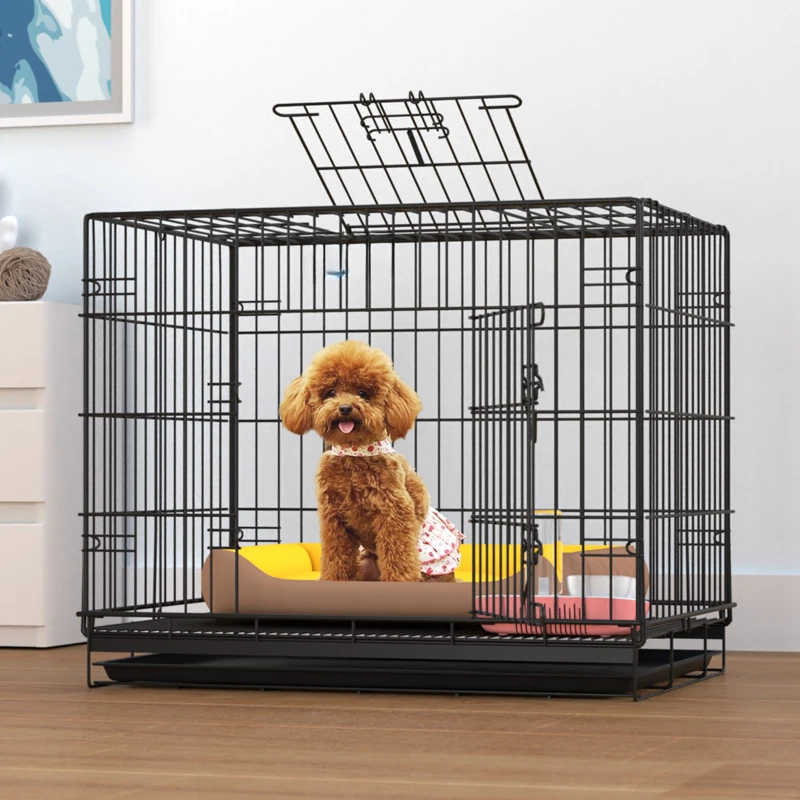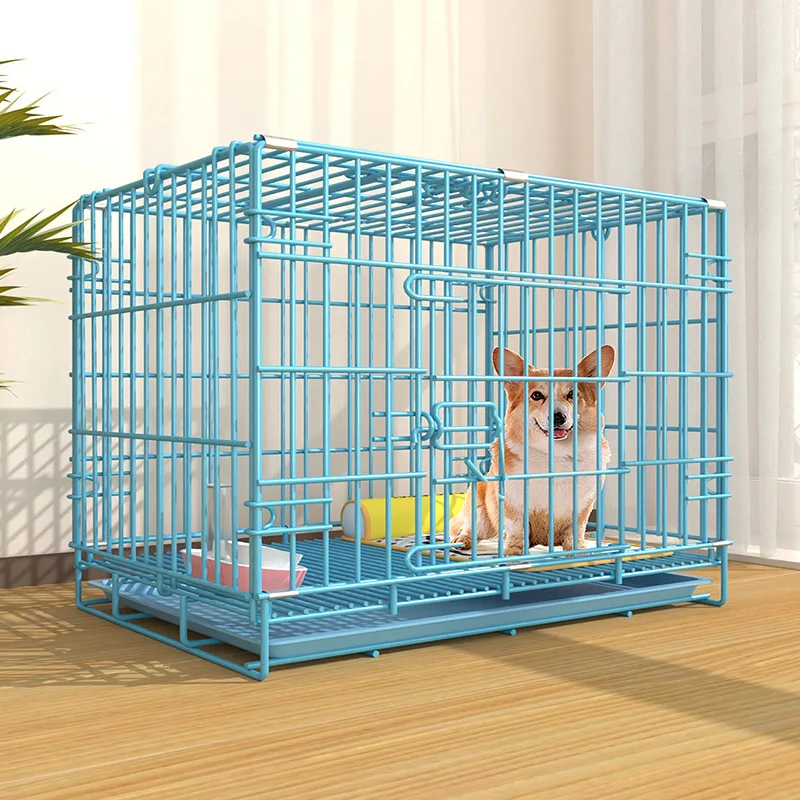Overview of Kennel Cough in Dogs
Kennel cough in dogs is a widespread respiratory issue. It’s similar to a cold in humans. Dogs with kennel cough show a dry, hacking cough that may sound severe. They might cough as if something is in their throat. The condition is highly contagious among canines.

This illness can affect dogs of any age and is easily spread in places like kennels. The leading cause is the bacterium Bordetella bronchiseptica. But, several viruses can also cause kennel cough. These include the canine parainfluenza and canine adenovirus.
The recovery period varies, often lasting from two to three weeks. However, it could extend up to a month. Usually, young and healthy dogs clear the infection without medical help. Elderly dogs and those with weaker immune systems may need treatment.
If your dog has contracted kennel cough, isolate them from other dogs. This helps prevent the spread of the illness. Always consult with your veterinarian for guidance on care and treatment options.
Signs and Symptoms to Watch For
When a dog develops kennel cough, certain signs and symptoms emerge. Look for a persistent, dry cough. It may sound like hacking and is often intense. Dogs may cough as if they try to clear their throat. In some cases, the cough ends with gagging. This is a key sign.
Dogs with kennel cough might retch or vomit after coughing. They could also release foam or phlegm. Other symptoms include a runny nose and sneezy fits. Dogs could get a mild fever as well. They might have runny eyes too. But, they should still eat and drink normally. Energy levels can vary. Some dogs seem fine, while others may act tired.
A critical fact is that kennel cough is highly contagious. Does kennel cough go away on its own? For young and healthy dogs, it often does. Yet, older dogs or those with weak immune systems might need help. If symptoms worsen or if there are signs of difficulty breathing, see a vet. This could mean the infection has gone deeper.
Remember that not all dogs will show all these symptoms. But if you spot any, it’s best to keep your dog away from others. This will help stop the disease from spreading. Always check with a vet if you’re unsure or concerned about your dog’s health.
Transmission and Contagiousness
One key point about kennel cough is its high contagion level. Dogs can pass it to each other quite easily. The spread generally happens through the air. When a sick dog coughs, tiny drops disperse into the air. Healthy dogs breathe these in, and infection can start. Direct contact is also risky. Dogs that play or share toys and food dishes could spread the disease. Kennel cough also lingers on surfaces. Touch a contaminated item, and your pet could get sick even without meeting others.
Vets often advise keeping ill dogs apart from healthy ones. This helps contain the disease. Kennel cough remains contagious after symptoms start. It could range from days to several weeks. During this time, avoid places where dogs mingle. These include parks, kennels, and grooming stations. After their symptoms fully clear, wait an extra two days before social interactions. This extra caution ensures your pet is no longer contagious.
If your dog has kennel cough, monitor their health closely. This illness is more severe in dogs with weak immune systems. Puppies and older dogs should have less exposure to other canines. This reduces their chance of catching kennel cough and ensures they stay healthy.
Treatment Options for Kennel Cough
When your dog gets kennel cough, treatment options vary. Your dog’s age, health, and symptoms all play a role. Mild cases in young, healthy dogs often improve without treatment. Yet, some dogs need more help.

Medications to Alleviate Symptoms
Your vet might suggest medicines to ease symptoms. Anti-inflammatory drugs can reduce throat swelling and calm coughing. Cough suppressants might help too. They prevent cough bouts that are too frequent or intense.
Antibiotics for Bacterial Infection
If bacteria add to the kennel cough, antibiotics are a common choice. They target harmful bacteria. It’s important to follow your vet’s advice and complete the full course.
Supportive Home Care
At home, keep your dog’s environment peaceful. Limit loud noises and stress. Use a humidifier to ease breathing. Choose a harness instead of a collar for walks to avoid extra pressure on your dog’s throat.
Patience is key in kennel cough recovery. Follow vet guidelines and monitor your dog’s health. Watch for any changes, and if symptoms worsen, consult a vet promptly. Dogs can get better with care and time.
Preventing the Spread of Kennel Cough
Preventing the spread of kennel cough is crucial to protect other dogs and ensure your dog’s swift recovery. Here are critical steps to take:
- Isolate Your Dog: Keep your sick dog away from other dogs. It stops the spread.
- Disinfect Objects: Clean toys, bowls, and surfaces often. It reduces the risk.
- Avoid Dog Gatherings: Skip parks and kennels for now. Reduce contact with other dogs.
- Ventilate Spaces: Fresh air helps. Keep your home well-ventilated.
- Manage Stress: Stress can weaken the immune system. Keep your dog calm.
- Delay Socialization: Wait two days after the last symptom before meeting other dogs.
By following these steps, you make sure your dog does not give kennel cough to others. Your dog also has a better environment to recover quickly.
Home Care and Remedies
Caring for a dog with kennel cough involves supportive home treatments. Here are key remedies to consider:
- Humidify the Air: Using a humidifier helps soothe dry airways, making breathing easier for your dog.
- Avoid Collars: Switch from a collar to a harness during walks. This prevents additional strain on your dog’s throat.
- Rest: Ensure your dog gets plenty of rest. Limit playtime and avoid strenuous exercise.
- Isolation: Keep your dog away from other dogs to reduce the risk of spreading the illness.
- Hydration: Provide fresh water at all times to keep your dog well-hydrated.
- Gentle Pats: Gently pat your dog’s back if they are experiencing a coughing fit. This might help them clear their throat.
- Nutritious Food: Offer nutritious, easy-to-eat food to maintain your dog’s strength.
- Clean Environment: Regularly disinfect your home, and particularly your dog’s area, to eliminate germs.
- Reduce Stress: Create a calm environment. Avoid loud noises and changes that could stress your dog.
- Stay Informed: Keep in touch with your vet for updates on care and possible changes in treatments.
These simple steps can help your dog feel more comfortable. They also aid in the recovery process from kennel cough. Always follow your vet’s specific advice for any additional care or treatments. Remember, does kennel cough go away on its own? Often it does, especially with proper home care. However, if symptoms persist or worsen, consult with your veterinarian.
Duration of Kennel Cough and Recovery Process
When a dog catches kennel cough, owners often wonder: ‘Does kennel cough go away on its own?’ Typically, the cough lasts for about two to three weeks. In some cases, it may stretch up to a month. The intensity of symptoms is usually higher during the first week. This is when dogs might cough more often and show greater discomfort.
For most dogs, the immune system will clear the viral parts of the infection. Keep in mind, younger and healthier dogs usually recover faster. Older dogs or those with underlying health problems may need longer.
The risk of spreading the illness remains high throughout the symptomatic period. Your pet could still be contagious even if they seem better. Therefore, they should avoid contact with other dogs for at least 48 hours after symptoms stop.
During recovery, make sure your dog gets enough rest and stays well-hydrated. Keep their environment quiet and stress-free. Use a humidifier to help ease their cough. Also, continue any treatments your vet has prescribed until they say it’s safe to stop.

If your dog’s symptoms don’t improve or worsen, it’s important to see a vet again. In some cases, kennel cough may lead to more serious conditions like pneumonia. Acting quickly could prevent further complications.
Recovery can be a slow process, so patience is key. Stick to your vet’s advice. With proper care, your dog should be on the mend and ready for their usual activities soon.
Vaccinations and Long-Term Health Management
Maintaining good health in your dog involves several steps. One key action is vaccinations against kennel cough. This includes shots for Bordatella bronchiseptica, a common kennel cough cause. Vaccines also cover viruses like canine parainfluenza and adenovirus.
Importance of Vaccination
Vaccines help protect your dog from kennel cough. They limit the risk of infection in social settings. Common places for infection include dog parks, kennels, and day-care centers.
Regular Health Check-ups
Take your dog for yearly vet check-ups. These visit help spot and manage health issues early. It’s a good way to keep your pet healthy longer.
Managing Kennel Cough Long-Term
After a kennel cough infection, watch your dog closely. A strong immune system can often fight off the virus. But a vet should check on weak or older dogs more often.
If your dog had kennel cough, they could be immune for a while. This depends on the strain they had. Still, some dogs can catch other strains. So keep up with health checks and vaccinations.
Remember to consult your vet about the right care for your dog. They can provide specific advice tailored to your pet. Whether kennel cough goes away on its own or not, always be proactive about your dog’s health.